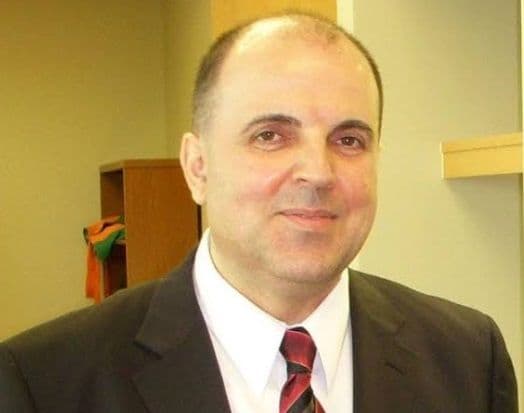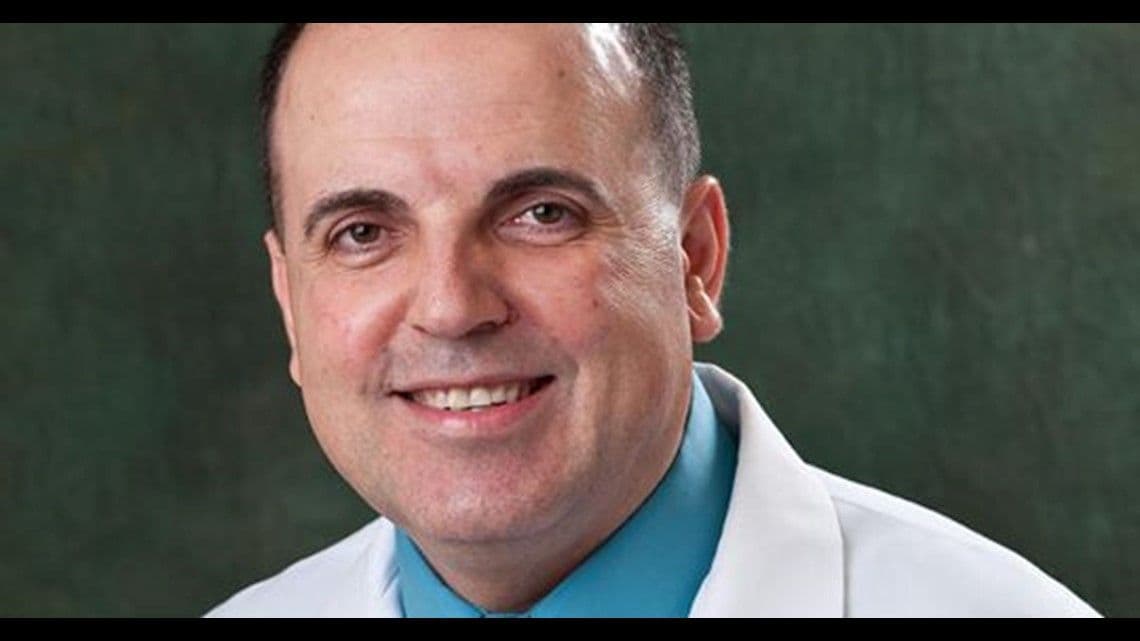MEDICAL FRAUD
Convicted Cancer Doctor Farid Fata Seeks Early Release from Prison Due to Health Concerns
Maureen Voreza

Update on Farid Fata, a former cancer doctor imprisoned for healthcare fraud, is appealing for compassionate release due to health issues, despite his previous requests being denied.
Farid Fata, a former cancer doctor serving time for health care fraud, is once again asking for compassionate release from prison. He claims he suffers from a rare blood disorder that could threaten his life if he remains incarcerated much longer. Fata insists he has changed during his time in prison and has expressed sincere remorse for the suffering he caused his patients.

In his recent court filing, Fata highlighted that he has shown regret to all those affected by his actions, claiming his previous behavior no longer defines him. Fata has been imprisoned for over a decade after admitting to a fraudulent scheme where he administered unnecessary chemotherapy to healthy patients and overmedicated others in their final days, ultimately earning more than $17 million through deceptive billing practices. His actions are believed to have harmed more than 500 individuals, leading to a 45-year prison sentence.
Though Fata has made previous attempts to secure compassionate release, each request has been denied by a federal judge, a prison warden, and an appeals court. This time around, he reiterates his belief that without release, his health will continue to decline, and he poses no danger to society.
In his legal arguments, Fata acknowledges the severity of his crimes, stating, "His crime was heinous." However, he emphasizes that his time behind bars has allowed him to turn his life around. He has reportedly assisted fellow inmates in obtaining their GEDs and has been involved in helping them draft business plans for when they re-enter society.
Fata’s transformation is notable. He now describes himself as being “180% different” from the person he was 11 years ago. However, physical changes are apparent, as he has become frailer in recent years. Reports indicate that after a COVID-19 infection in December 2020, Fata developed several health issues, including infections affecting his skin, prostate, bladder, eyes, and gums. A hematology expert has recommended Neupogen, a medication used to reduce infections in cancer patients with low white blood cell counts, as part of his treatment.
As Fata seeks to re-enter the community, his story raises questions about rehabilitation and accountability within the healthcare system. Whether or not he will be granted the opportunity for early release remains to be seen, but his case highlights the complexities surrounding crime, punishment, and the possibility of redemption.
